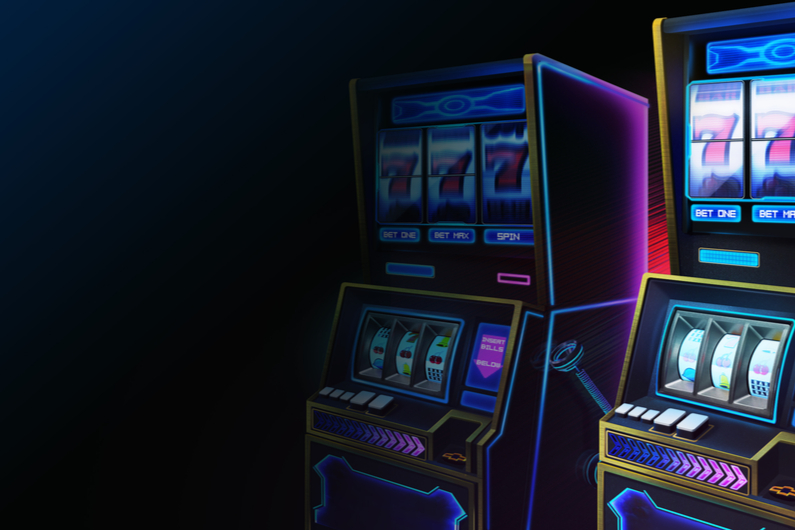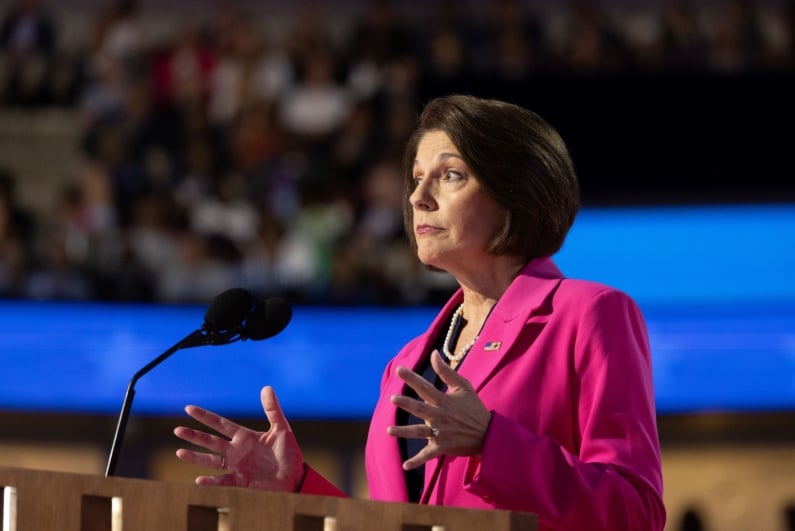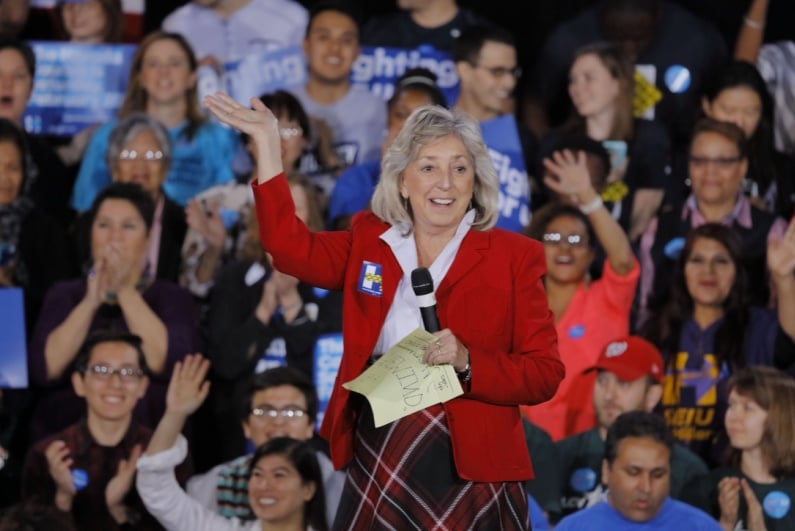Video gambling in Illinois
A lot of people in Illinois have a problem with video gambling. Commercial casinos and gaming machines became legal in the state in 2011. These machines are in places like horse racing tracks, bars, and truck stops all over Illinois.
Since 2012, over 30,000 video gambling machines have been installed in the state, which is now the US leader in the number of such machines outside casinos. Gambling addiction is rapidly rising and many people blame these machines.
The Illinois General Assembly has been considering a tax increase on these video gambling machines to bring in some much-needed revenue for the state coffers. Governor Pritzker estimated that such a move might bring in additional tax revenues of around $89m (£70m).
The current tax rate for these machines is 30%, which is one of the lowest of its kind in the country. Most of the tax revenue goes to the state government, with a fraction going to local governments.
Naturally, video gambling companies have been lobbying hard against a tax increase. Disconcertingly for some, according to ProPublica, a number of lawmakers that are a central part of this decision-making process have links to video gambling companies.
Gambling stakeholders
Among them are the Senate minority leader, Bill Brady, and the assistant Senate majority leader, Antonio Munoz. Increasing the tax rate for these machines would be a very easy and quick way to boost revenues for the government but key stakeholders do not want this to happen. They have been proposing an alternative approach.
Using this approach, the maximum bet on a video machine would increase from $2 to $4 and the limit of five video gambling machines at a single location would be increased to six. Proponents believe that these moves would significantly increase tax revenues.
Video gambling stakeholders say that small businesses will be negatively affected by a tax hike. However, the top five video gambling companies control nearly half the whole market. Since legalization in 2012, these companies have made nearly $1bn (£780,000) from their Illinois operations.
Concerns with gambling machines
Many studies worldwide have revealed the potentially harmful effects of video gambling machines. Some studies show that raising the maximum stakes can increase the levels of problem gambling. Because Illinois is the leading state in the country for places where people can gamble, is very hard for problem gamblers to avoid temptations.
The United Kingdom has had an issue with video gambling machines. Gambling addiction experts there compare people’s addiction to these machines to having a crack cocaine addiction. This led to the maximum stakes being lowered from £100 ($127) to £2 ($2.55).
Concerns about political links
As mentioned, several people in key government positions are linked to video gambling companies. Republican and Senate Minority Leader Bill Brady is particularly in the spotlight because of his links to the Midwest Electronic Gaming company, which is one of the leaders for video gambling machines in the Illinois market.
Brady refuses to disclose how much money he has made from this relationship over the years. He gets a portion of video gambling proceeds, which has had revenues of more than $80m (£62.8m) in Illinois since legalization in 2012. These payments to Brady go through a private corporation called Brady Ventures, which is why Midwest Electronic Gaming is not on his list of economic interests.
Brady did initially make a statement on his business relationship. He said: “I have an interest in a company that has a contractual agreement with a video gaming company and have disclosed such. Any information I offer regarding this issue during discussions is based on my personal knowledge of the industry, and I act in what I believe to be in the public interest. When deciding how to vote on any legislation involving video gaming, I consult with my ethics officer and either abstain from voting or vote in the public interest as required by the Illinois Governmental Ethics Act.”
Refusal to disclose
Brady was asked at a recent event about if he would reveal the sum of money he has made through this business interest over the years. He replied by saying: “No, no. Just as I will not tell you how much money I’ve made from real estate commissions and other businesses I’ve invested in.”
Brady is listed as a “person with significant interest or control” in the records of the Illinois Gaming Board, which means he gets a share of revenues from the company. He is listed as a sales agent for the company on the online state records. There is no obligation for sales agents to disclose their remuneration or to get a gaming board license.
Major gambling expansion
True to his word, Brady did not vote on the significant gambling expansion bill that was approved on June 2. This bill paves the way for several new forms of gambling expansion.
It supports the legalization of sports betting, the creation of six new casinos, including one in Chicago, an increase in the number of video gambling machines allowed on a single premises, and increasing the max allowable bet.
These machines will also be subject to a tax rate increase. Racetracks in the state can now become racinos and two more tracks of this kind will open to join the three that are currently in operation.




